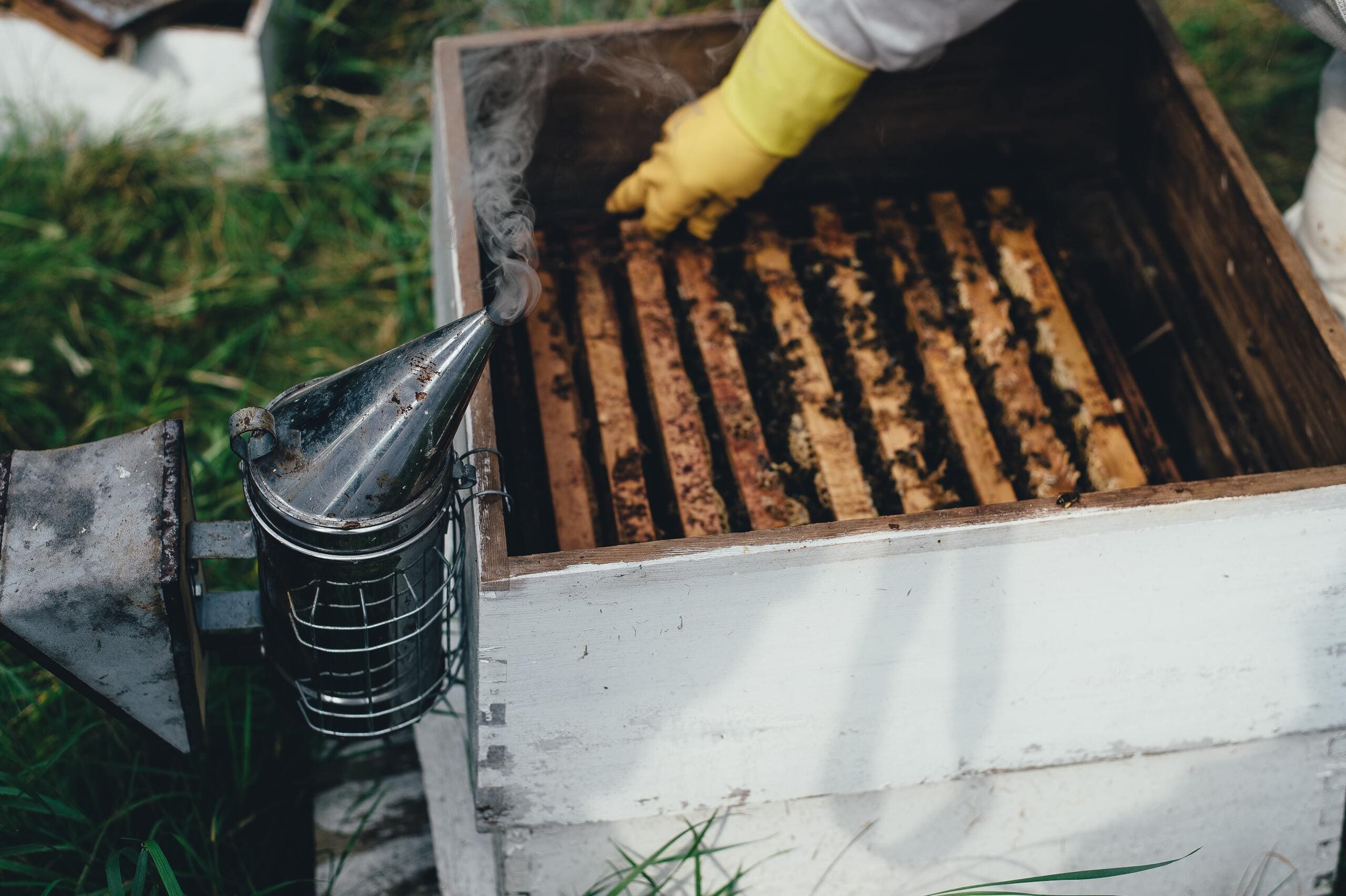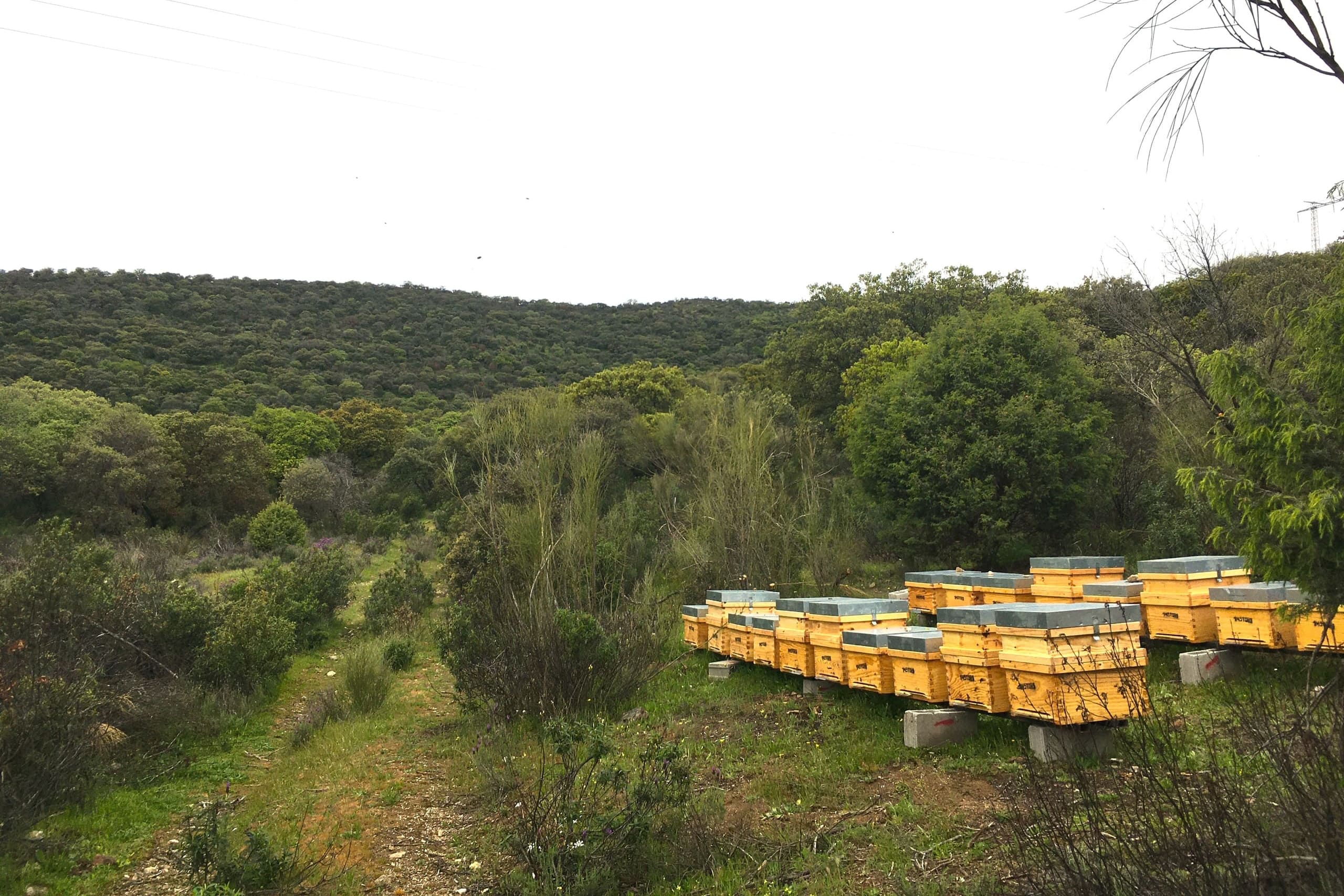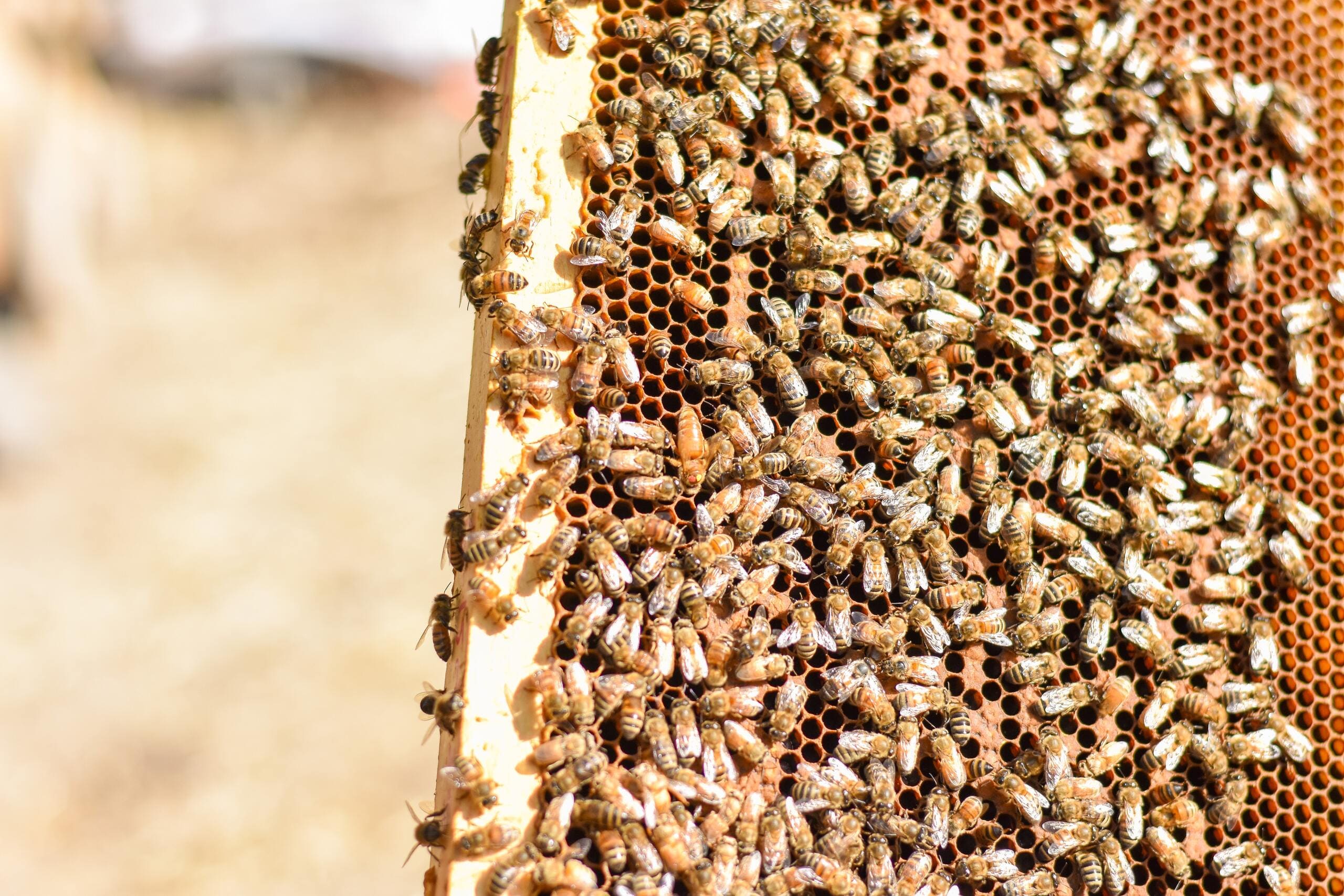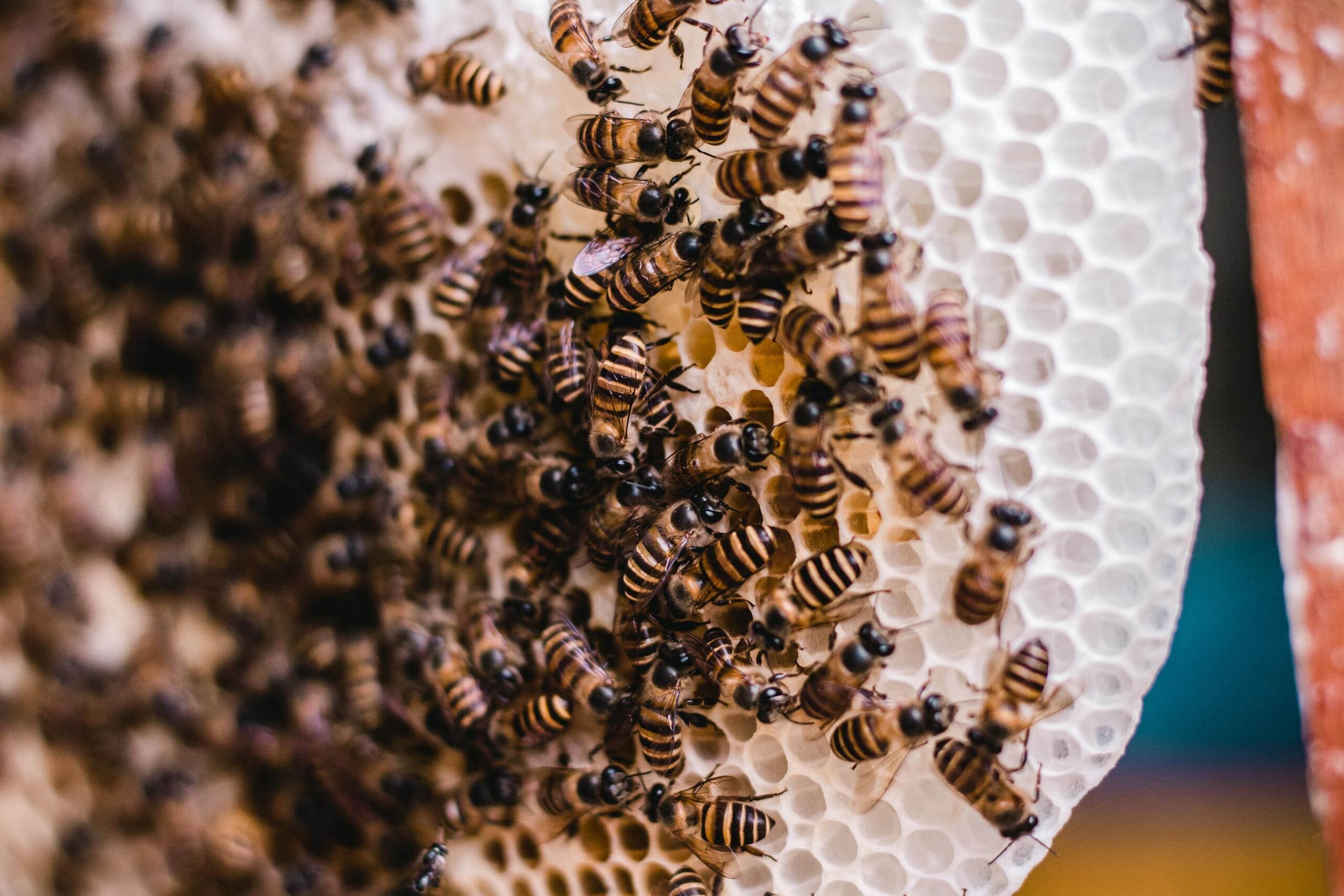
Our project

Passion for nature
We love nature, we respect it and we take care of it. That is why beekeeping, for us, is a way of living in connection with the planet.

Natural pollinators
Our bees are the most powerful natural pollinators on the planet. They alone manage to pollinate 75% of the plants we eat.

Local farmers and ranchers
We promote local consumption, proximity, of farmers and ranchers in the area.
Our History
Sustainability, Ecology, Quality and Taste are and will always be the fundamental pillars of MIEL CASTIZA.
MIEL CASTIZA was born in 2019 from the union of two young entrepreneurs from Toledo who love nature, authentic products and things well done. With a lot of dedication, effort and affection, the result of these values, this project was born.
Our apiaries are distributed among the Montes de Toledo, the Regional Park of the Guadarrama River, the Sierra Oeste de Madrid and next to the Natural Park of the Hoces del Duratón in Segovia. We currently have between 100 and 120 Langstroth-type hives that we move between these settlements depending on the time of year, flowering and rainfall.
The honey we make is completely natural, raw and does not undergo any transformation process. It is harvested in Langstroth-type hives, and extracted by hand, with mechanical extractors. It is then filtered to remove impurities and wax residues, decanted in stainless steel ripeners and finally packaged in recyclable glass jars. Bringing with all our love to your table this delicacy of nature.
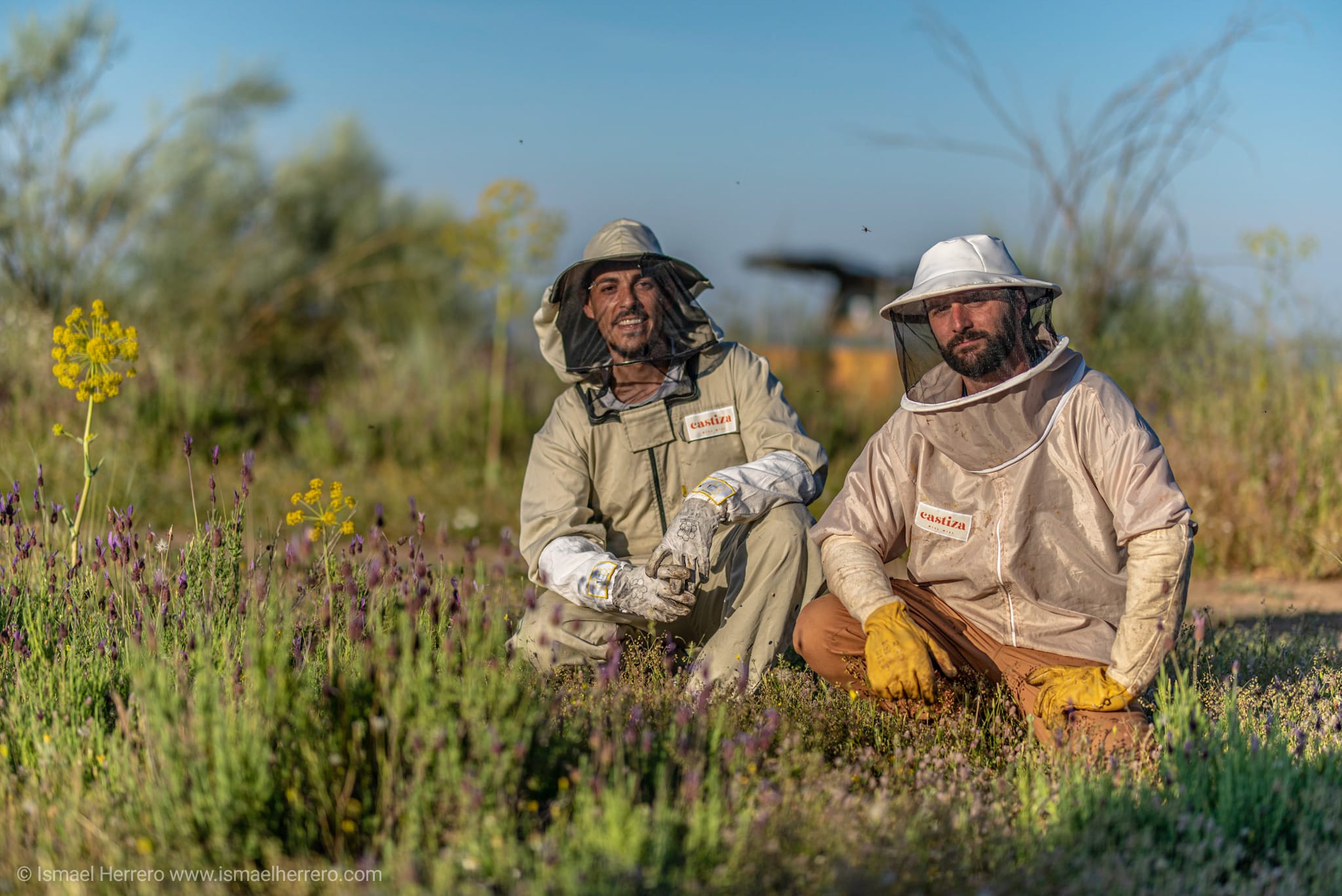
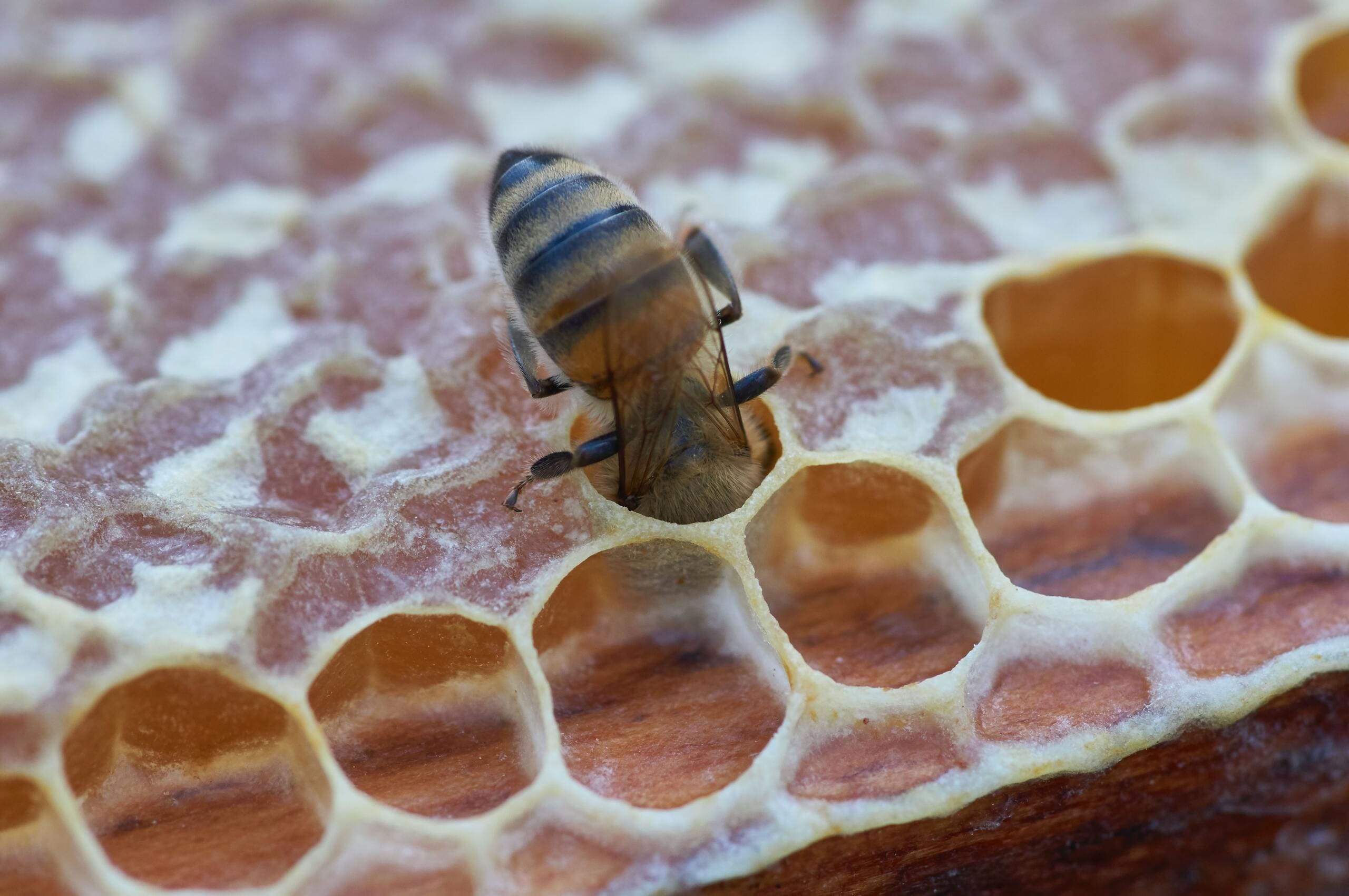
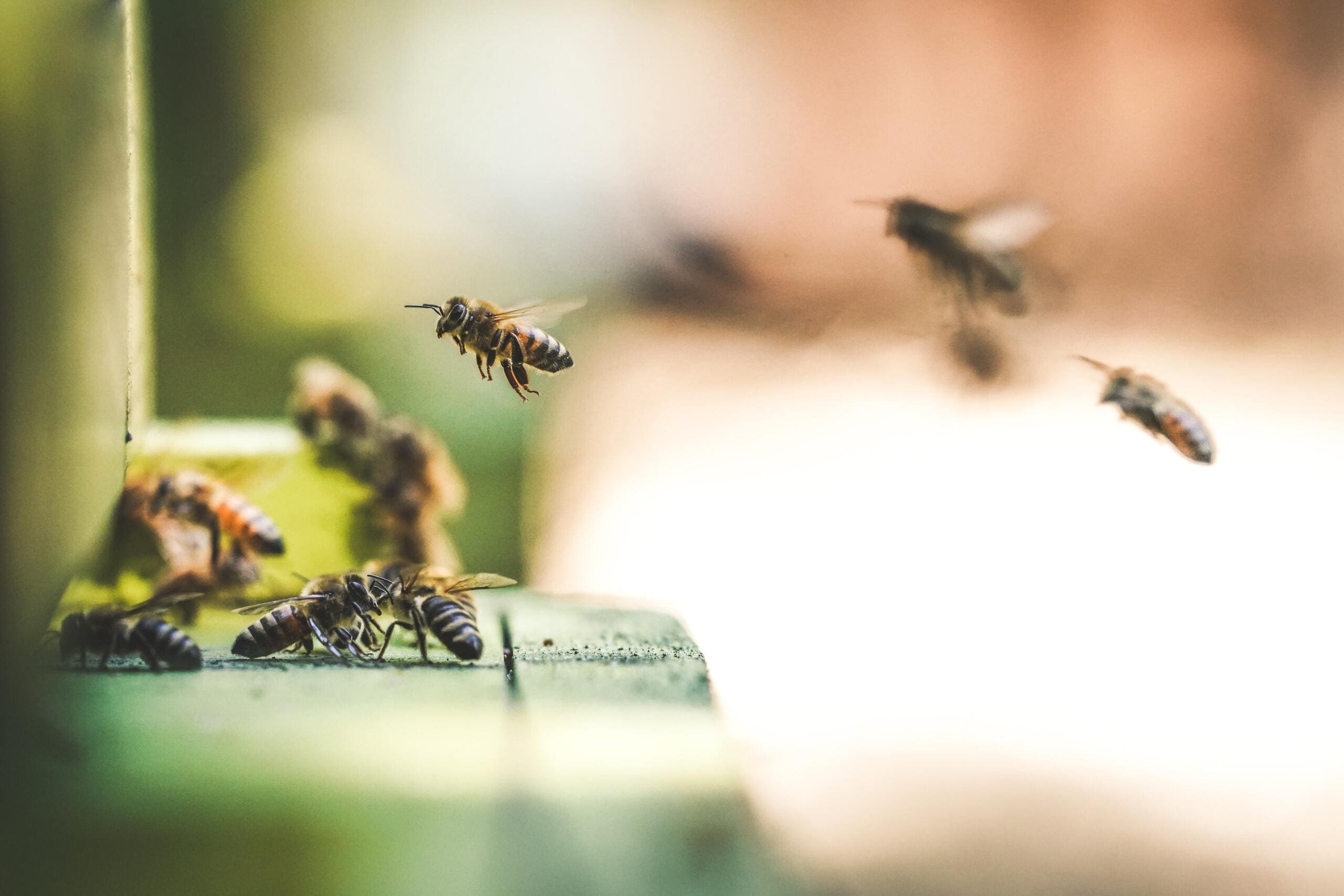
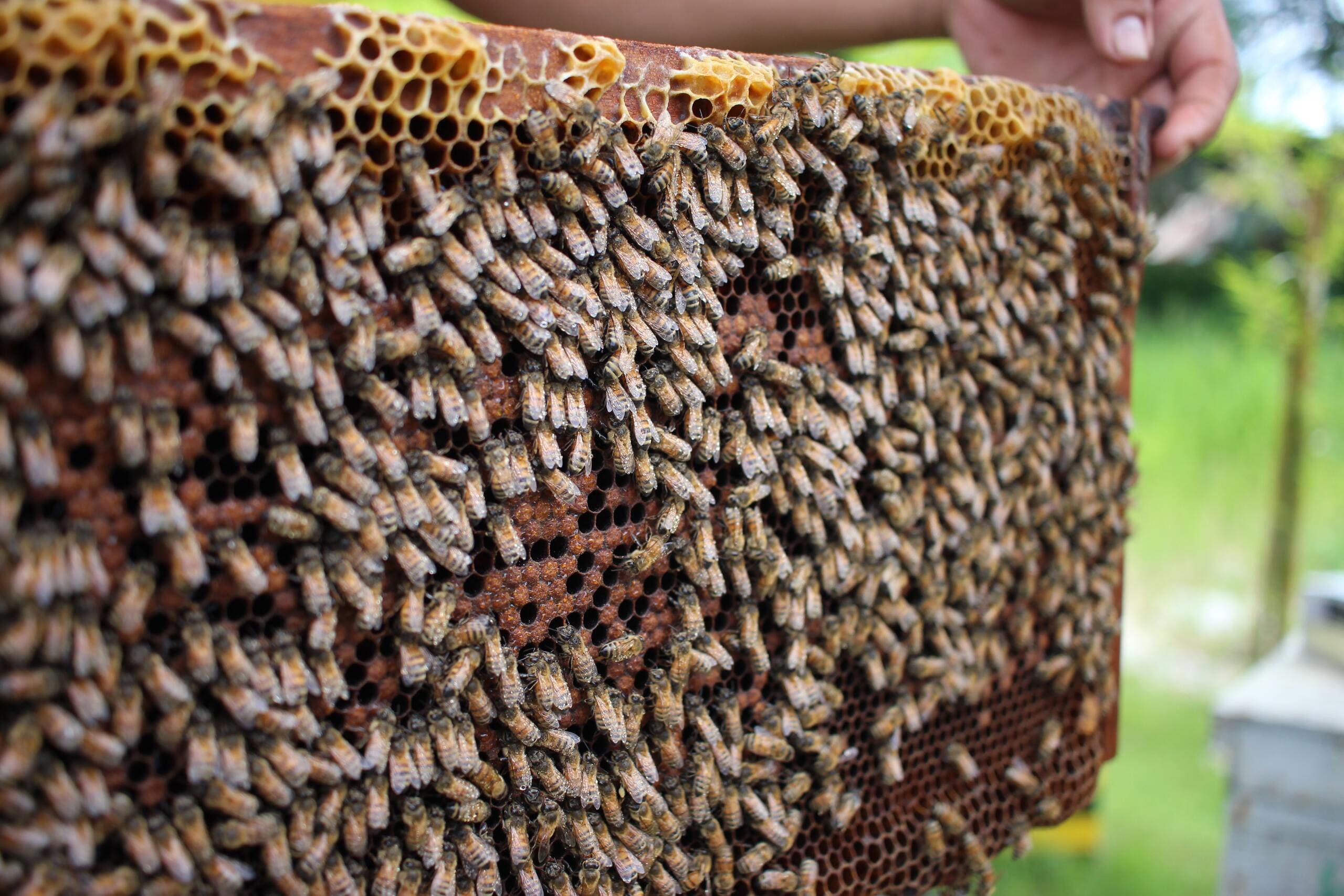
Beekeeping and Oliviculture
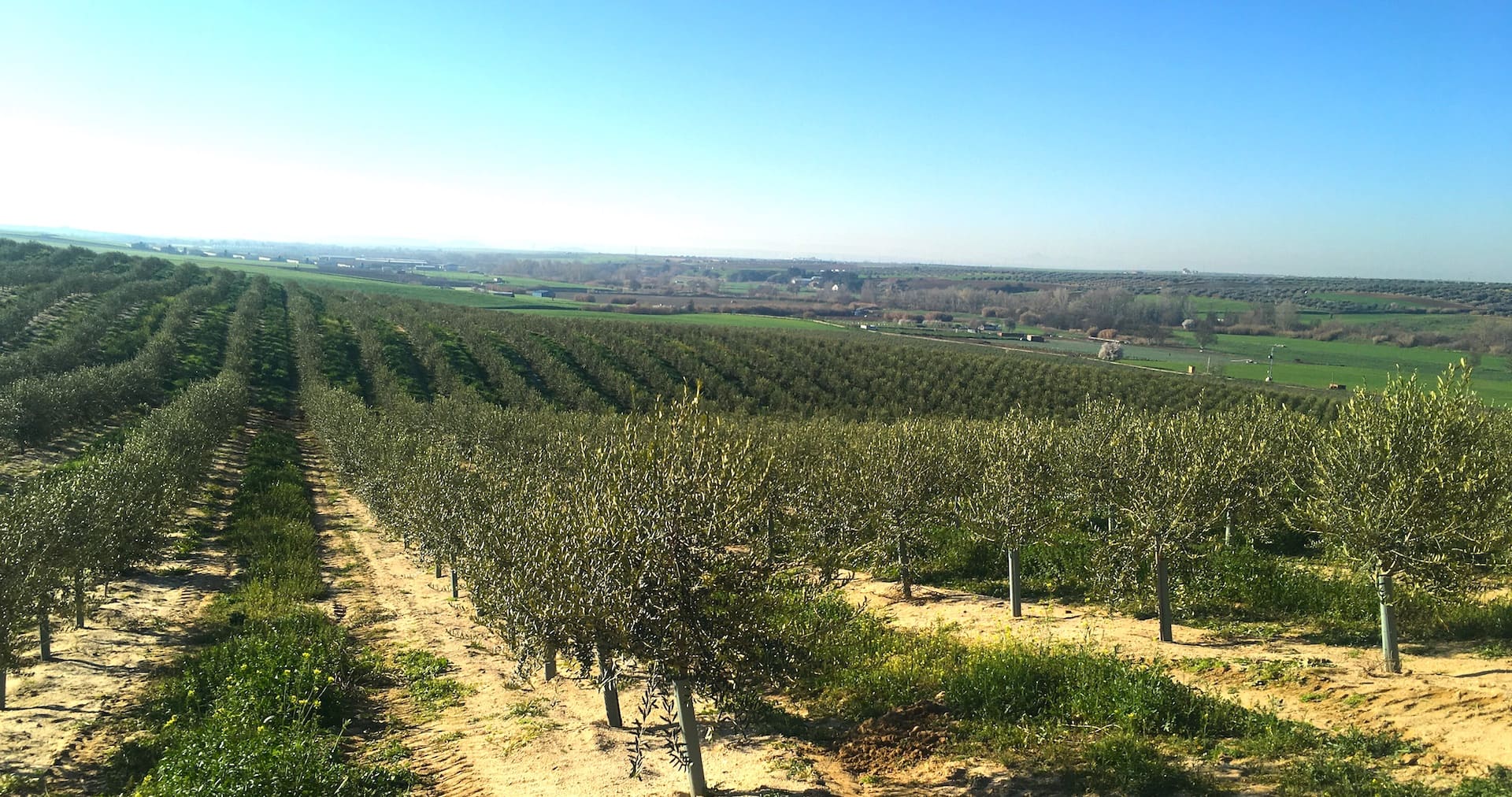
Our love for beekeeping has always been shared with olive growing, which is why we are testing ways to unite and improve both.
In our olive groves we let vegetation cover grow, and even honey species are planted, which at the same time serve to feed our bees, help to provide organic matter and pump minerals from deep horizons, to take advantage of the energy capture surface, to favor the filtration of water to the roots of the olive trees and to maintain a biodiversity in the olive grove. All this contributes to generating value in the agrosystem, an increase in fauna and flora, increases in pollination, inputs and the health of olive trees, which translate into higher productions and lower maintenance costs, reduction of use of sanitary products and costs of labor and fuel in unnecessary tillage work.
Currently the tests are being carried out in several farms, such as the Finca del Castillo de la Familia Corbel in Recas (Toledo), the Finca del escorial in Mombeltrán (Ávila), the Balaguera farm in Ugena (Toledo). In all of them there have been considerable increases in production since we started with the project.
